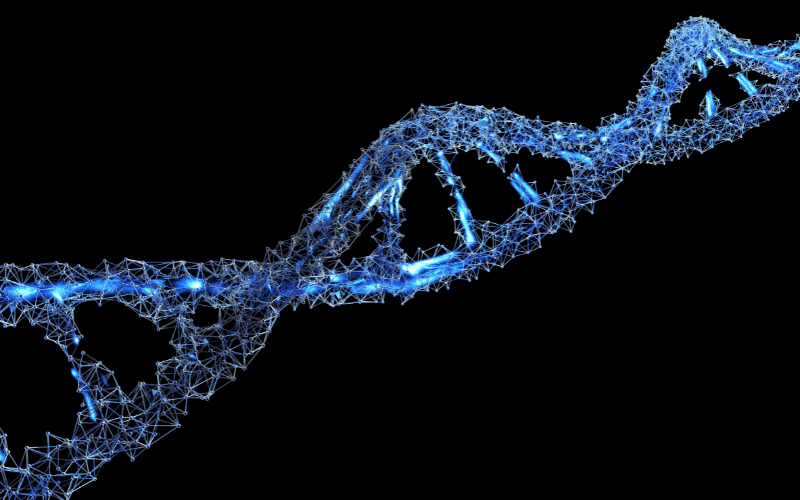6. Genetic Influence on Thyroid Cancer: Inheriting the Unwanted

While we generally attribute cancer to environmental factors and lifestyle choices, we must acknowledge that genetics can also play a critical role. In the world of thyroid cancer, genetics can sometimes pull the strings, leading us to our next essential fact.
Certain genetic syndromes, inherited from parents, are associated with a heightened risk of thyroid cancer. The most classic example is the Multiple Endocrine Neoplasia type 2 (MEN 2) syndrome, associated with a virtually 100% risk of medullary thyroid cancer if left untreated.
MEN 2 is an autosomal dominant condition, implying that a child only needs to inherit the faulty gene from one parent to develop the syndrome. Recognizing this genetic predisposition enables proactive measures, like prophylactic thyroid surgery, to prevent the development of medullary thyroid cancer.
Apart from syndromic conditions, certain gene mutations are associated with sporadic (non-inherited) cases of thyroid cancer. For instance, the BRAF V600E mutation is often found in papillary thyroid cancer, the RET/PTC rearrangement in radiation-induced thyroid cancers, and the RAS mutation in follicular thyroid cancer.
Genetic testing is becoming an increasingly valuable tool in thyroid cancer management. Besides aiding in risk assessment, it can guide therapeutic strategies. Certain targeted therapies exploit these mutations to selectively eliminate cancer cells, marking a new era in the battle against thyroid cancer.(6)